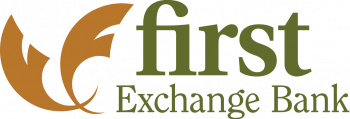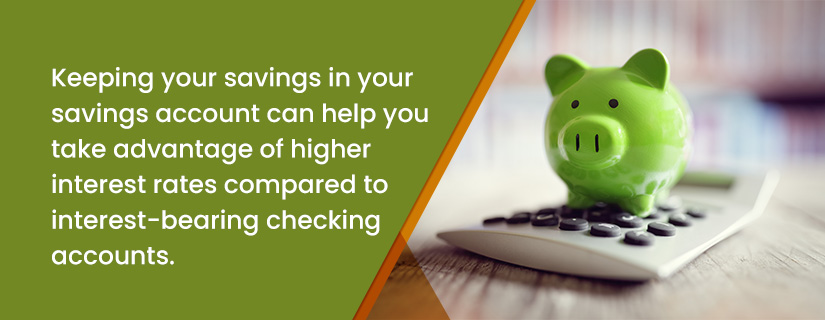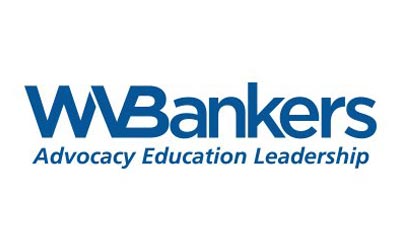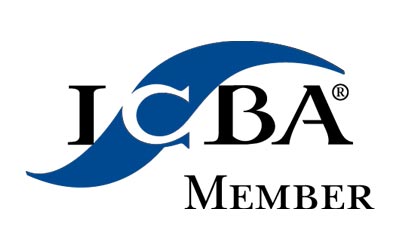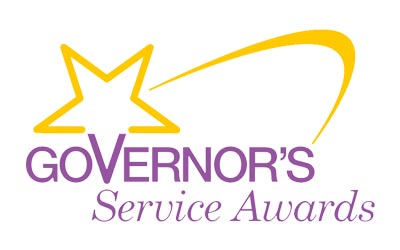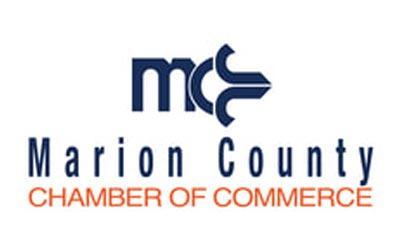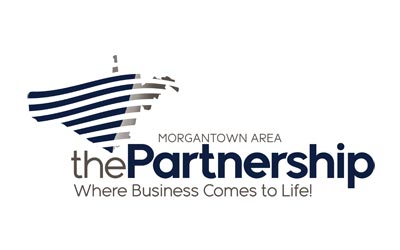There are plenty of bank account options out there, but finding the right one for you can be hard. You may not even be sure which features and benefits you need and which you don’t. Whether you’re looking for a new checking account, wondering if you need a savings account, or both, keep reading to understand the key differences and find the right bank account for you.
What is A Checking Account?
A checking account is a type of deposit account that allows you to deposit and withdrawal money. For example, you can set up your direct deposit paycheck to go into your checking account. You can also deposit checks through the mobile banking app, as well as in the branch or a bank Smart ATM. Cash can be deposited into your checking account at the branch or at a Smart ATM.
You can make online bill payments, transfer money from your checking account to other bank accounts, take cash out from an ATM or branch location, or use your debit card to make in-person or online purchases.
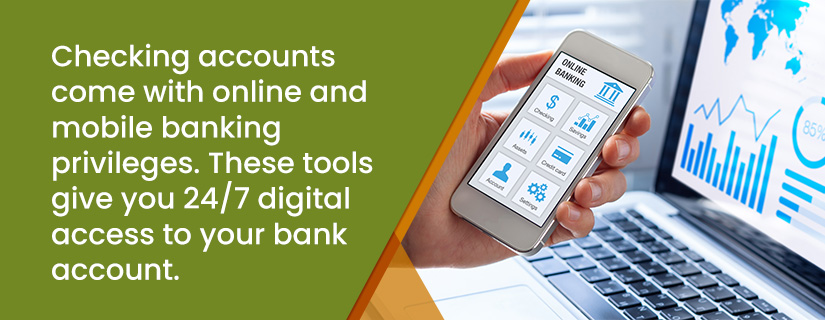
Online and Mobile Banking with a Checking Account
Checking accounts come with online and mobile banking privileges. These tools give you 24/7 digital access to your bank account so you can:
- View account balances
- View transaction history
- Transfer funds between accounts
- Change or update your personal account information
- Pay bills
- View and download your e-statements
- Deposit checks
You can also add your debit card to the mobile wallet app on your smartphone. This allows you to conveniently and securely pay for purchases wherever mobile wallet is accepted.
While checking accounts aren’t primarily known for being interest-earning, there are interest checking options, as well as other types of checking accounts with different perks and fees.
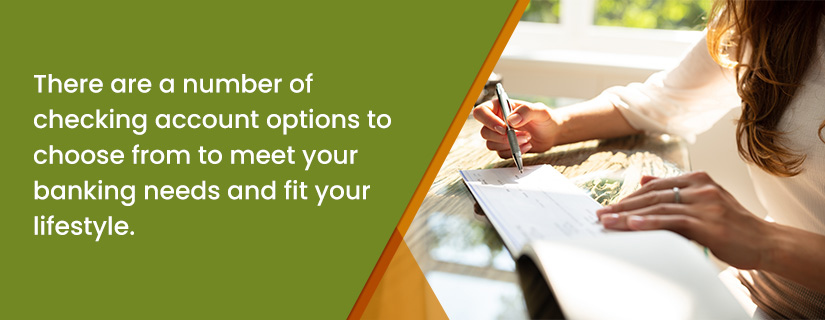
Common Types of Checking Accounts
There are a number of checking account options to choose from to meet your banking needs and fit your lifestyle:
firstEssential Checking: Simplicity at its Best
- Minimum to Open: A $50 initial deposit.
- Benefits: Perfect for those who appreciate the tangibility of paper statements. This account requires no minimum running balance and has a low monthly fee of just $2 for paper statements, which we’re happy to waive with eStatement enrollment.
firstDirect Interest Checking: Earn as You Go
- Minimum to Open: Start with $50.
- Benefits: Designed especially for customers aged 50 or older, or customers who have set up direct deposits. This account offers competitive interest rates without the need for a minimum balance or monthly service charges.
firstPremium Interest Checking: Maximize Your Earnings
- Minimum to Open: Open your account with just $50.
- Benefits: Perfect for those looking to get more from their checking account. Enjoy higher interest rates when maintaining a balance of $1500 or more. Avoid the $6.95 monthly charge by maintaining the minimum balance.
firstBenefits Checking: The Ultimate in Value and Protection
- Minimum to Open: An initial deposit of $50.
- Benefits: Unlock great benefits and perks with your checking account! From cell phone protection and identity theft resolution services to roadside assistance. Take advantage of accidental death & dismemberment insurance*, not to mention discounts on shopping, dining, and travel. All these benefits come alongside free standard checks and both paper and eStatements, all for a nominal monthly fee of $6.95.
What is A Savings Account?
A savings account is a type of deposit account that earns interest. This is why a savings account is a better place to keep extra funds for emergencies and other savings goals than to cover everyday expenses and bills. Keeping your savings in your savings account will also help you take advantage of the higher interest rates you can get with a savings account than most interest-bearing checking accounts.
Types of Savings Accounts
You can choose from a variety of savings accounts, all FDIC-insured, for short-term and long-term goals:
- Standard Savings Account: This basic savings account can be used for any purpose. Only $50 to open and earn interest. Keep a minimum $100 balance to avoid monthly fees.
- Money Market Account: Earn a higher interest rate on your savings without committing to a CD. Our MMA has a lower-than-average minimum deposit and daily balance requirement.
- Minor Savings Account: A youth savings account to help your child learn personal finance basics and a safe place to keep monetary gifts over the years.
- CD: Lock in your interest rate and term length so you know exactly how much your CD balance will grow. CDs generally offer higher-than-average interest rates, but you also need to commit to not touching your deposit during the term length. Early withdrawals may be subject to penalty.
- IRA: Open an Individual Retirement Account (IRA) to take advantage of certain tax benefits and save for the future. Withdrawals before age 59 ½ may be subject to penalties.
- Christmas Club: Save for holiday shopping and other expenses with a Christmas Club savings account. Before the holiday season, your balance will automatically transfer into your checking account.
When To Get a Checking Account
With online bill pay, peer-to-peer payment apps, and many employers opting for direct deposit, a checking account is all but essential these days. So, it may be time to open a checking account once you get your first job; need to utilize online bill pay; want the convenience of using a debit card; share expenses with a roommate, parent, or romantic partner; or are a high school or college student looking for a checking account.
Do You Need a Savings Account if You Have a Checking Account?
While it isn’t necessary to have both a savings and checking account, it is recommended. Everyone should have an emergency fund separate from their checking account. You can set up auto transfers from your checking to savings account to put your savings on auto pilot.
Another benefit to having a savings account is earning interest on your extra funds, especially if you don’t have an interest checking account. Earning interest can help you grow your savings faster.
If you’re just getting started, consider a standard savings account. Once you’ve accumulated a large enough balance, you can earn more interest with a Money Market. Both of these savings account types would work well for an emergency fund. If you’re opening an account for a child, a minor savings account is the best idea. Want to build your savings and leave it untouched for a certain period of time? Check out our current CD Specials. And for retirement savings, an IRA offers certain tax benefits.**
Get Started with A Checking or Savings Account!
Whether you’re looking to open your first checking account or savings account or switch to a better one, First Exchange Bank can help. Open a new deposit account online or visit any of our locations in Fairmont, Fairview, Morgantown, Hundred, Mannington, or White Hall, West Virginia. Have questions about our checking and savings account options? Talk to one of our banking experts and we’ll help you choose the account that is right for you.
*Insurance Products are not deposits, not FDIC Insured, and not insured by any federal government.
** Consult a CPA or Attorney for tax advice.
